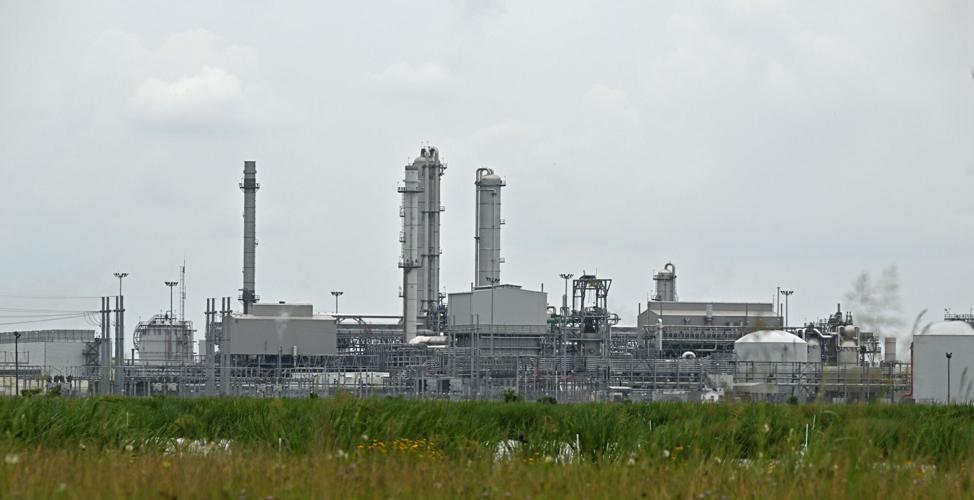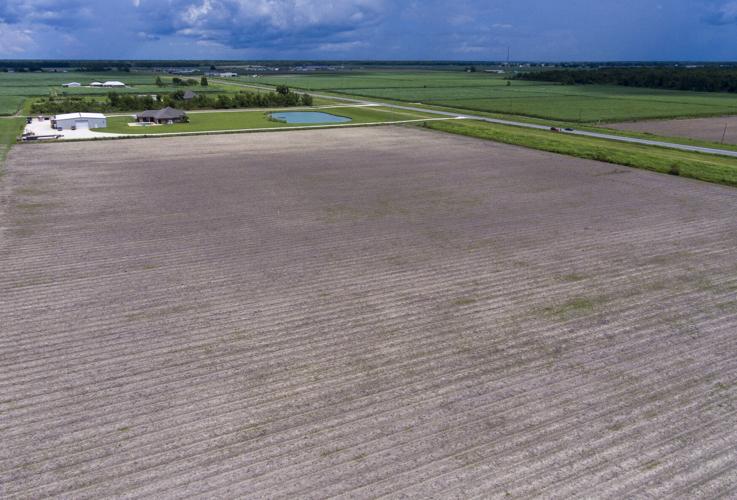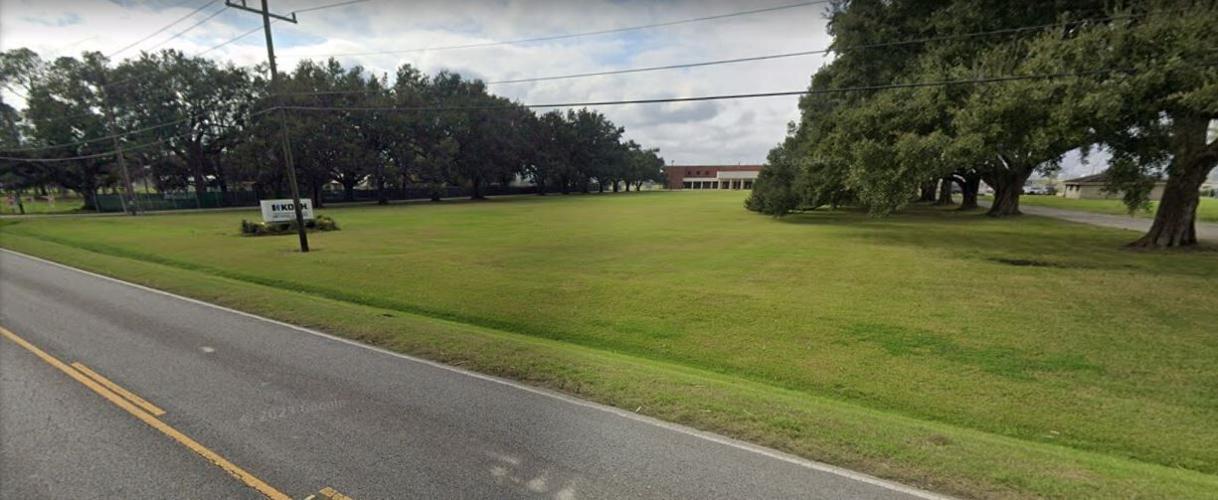A federal appellate court in New Orleans will accusing St. James Parish government of a historic practice of steering polluting industries to majority Black neighborhoods and seeking a moratorium on new plants there.
Noting the lawsuit is "replete with allegations" of unequal treatment against Black residents, the three-judge panel of the U.S. 5th Circuit Court of Appeals overturned a lower court ruling finding the local community and environmental groups that brought litigation didn't have standing to sue or brought it well past legal deadlines to do so.
With the ruling, the plaintiffs can now continue to try to prove their allegations in court. Filed in March 2023, the lawsuit accused the parish of a continuing violation of the plaintiffs' equal protection and other rights that has diminished their property values and harmed their health.
Over 150 pages, the suit details an extensive history of the parish and state, starting with the loss of freed slaves' rights during Reconstruction and continuing with a series of land use decisions since the 1960s that largely steered new industries to majority Black areas and, in more recent history, blocked new projects in White areas.
Home to two dozen industrial operations, St. James officials through the years have allowed 20 of them in the majority-Black 4th and 5th Districts and not allowed any in majority-White districts for the past 46 years, according to the lawsuit.
In court papers, parish officials argued the lawsuit was brought too late or couldn't sufficiently support any of its claims, calling it a politically motivated attempt to paint them with racial animus by evoking the state's dark history of slavery and Jim Crow laws.
'Well-pleaded allegations'
In the ruling issued Wednesday, Circuit Judge Carl Stewart noted some of the comments the plaintiffs had made more recently asking the Parish Council not to approve another project in majority Black areas.
"Similarly, in a council meeting regarding an industrial project to be built within the Fourth and Fifth District, Pastor (Harry) Joseph lamented, '(w)hy does it always have to be us?'" the judge wrote. "These statements, juxtaposed with the organizations’ statements about how consistently the parish heeds the concerns of its majority-White districts, demonstrate the organizations’ well-pleaded allegations that they were racially classified and denied equal treatment."
The plaintiffs hailed the appellate ruling and pledged to continue fighting for the case in court.

The old St. James High School and its beloved live oaks are seen from River Road in December 2022 courtesy of a Google image. The former majority owner of a methanol complex built behind the school a few years ago bought it in 2015 to make way for the plant, now Koch Methanol. The school’s oaks were a touchstone for generations of Wildcats.
"We are glad the court has found in our favor, and we thank God, too, for this victory," Joseph, pastor of Mount Triumph Baptist Church in St. James, said in a statement. "This moratorium is important for the people in this area. We've been battling to achieve it for a long time."
Parish officials had not immediately responded to a request for comment. Parish and industry representatives have in the past cited the economic development, jobs and tax revenue such plants bring while denying any discrimination in the process.Â
Stewart is an appointee of Democratic President Bill Clinton. The two other circuit judges on the panel are Republican appointees: Senior Circuit Judge Patrick Higginbotham by President Ronald Reagan and Circuit Judge Catharina Haynes by President George W. Bush.
Historic pattern of discrimination?
The church was one of three plaintiffs in the suit brought with lawyers from the Center for Constitutional Rights and Tulane Law Clinic. Other plaintiffs are Inclusive Louisiana and Rise St. James.
In November 2023, U.S. District Judge Carl J. Barbier dismissed most of the suit's claims based on a parish land use plan that was unanimously adopted in 2014 and zoned large parts of the 4th and 5th Districts for industrial use and later became a point of contention for advocates.
Barbier found the plaintiffs had a year to challenge that ordinance and failed to do so. The appellate court found, however, that the plaintiffs had filed a case sufficient enough to try to prove at trial that the ordinance was part of a larger, historic pattern of racial discrimination.
In making that argument, the plaintiffs had pointed to more recent history by the council within a year of their lawsuit's filing.
In August 2022, the council instituted a moratorium on solar farms amid opposition from residents in a majority White part of the parish, but blocked a requested moratorium on polluting industries in majority Black areas.
During oral arguments for the appeal last year, Judge Haynes pushed back on the idea that missing the one-year deadline to challenge the land use plan barred any ability to contest the parish's development practices writ large, hinting at the appeals court's ultimate ruling.
"Having a rule that agrees to discriminate doesn’t mean that if you don’t sue within a year, well, you can be discriminated against the rest of your life," Haynes remarked last fall.



